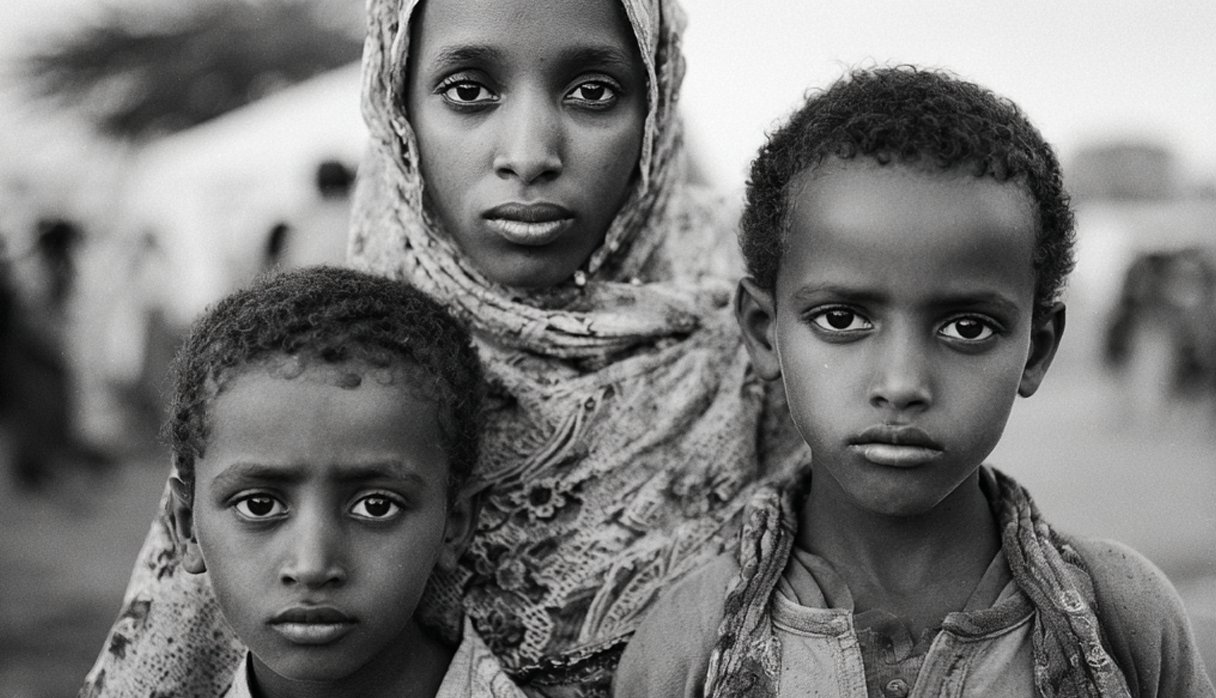
Migration to Western countries brought profound changes to Somali families, reshaping household structures and creating new tensions. In Somalia, family life had been organized around clearly defined gender roles, with men as breadwinners and women responsible for the domestic sphere. In the diaspora, however, this balance was disrupted. Many Somali men struggled to find employment, while women often adapted more quickly, entering the labor market or relying on social support systems. This shift challenged men’s traditional authority and, in many cases, led to conflict within households.
Women, in turn, experienced both pressures and opportunities. On the one hand, they carried the burden of maintaining cultural traditions, expected to remain respectful and submissive within marriage. On the other, life in new countries offered them greater independence, access to education, and opportunities to challenge patriarchal norms. Some women used this new space to escape abusive marriages or to build a more equal role in family life.
Children and young people added another layer of complexity. They often adapted to their host country’s culture more rapidly than their parents, embracing new languages, values, and identities. This generational gap sometimes deepened misunderstandings and created friction between parents and children.
The trauma of war and displacement also weighed heavily on family life. Many households carried memories of violence and loss, while social isolation in exile further strained relationships. Domestic violence became more visible in this context, both as a continuation of patriarchal control and as an expression of men’s frustration at their diminished roles.
In response, Somali women in the diaspora sought new forms of solidarity and support. Community organizations and women’s groups provided safe spaces to share experiences, address domestic conflict, and advocate for greater awareness. These initiatives reflected both the resilience of Somali women and the possibility of redefining gender roles in exile.